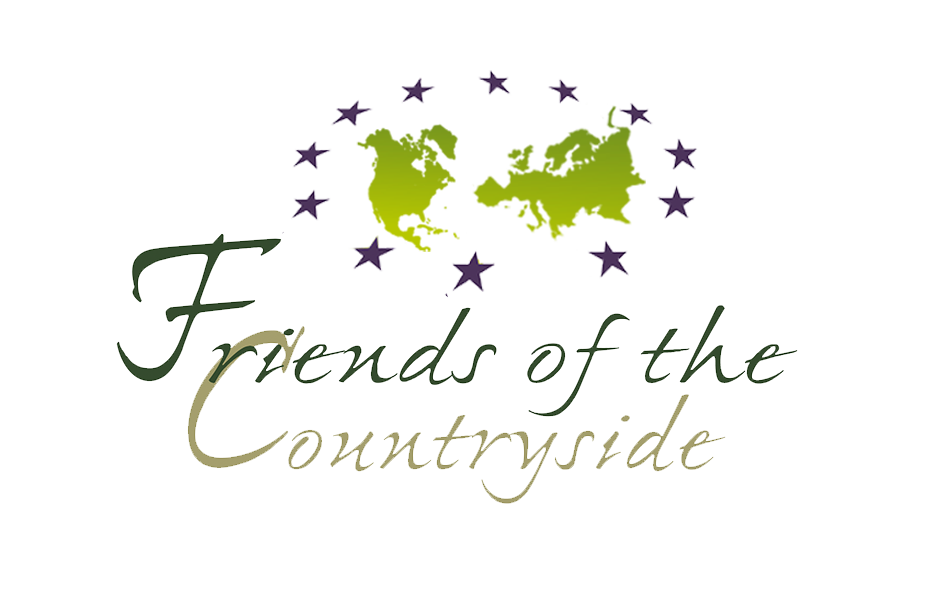Green Deal
Are we ready for higher food prices?
The European Landowners’ Organization welcomes the EU Green Deal and supports its broad objectives. Landowners and managers throughout Europe are already offering much to rural resource management and they recognise that more is required of them.
Even before the Covid-19 pandemic, EU debate was in full flow on the future for food, farming and land use, centred around four challenges: climate change, biodiversity loss, impacts of inappropriate diets on human health and on the structure and functioning of the food system. To date, the Green Deal has raised the right issues and it clearly flags the first three of those challenges (climate, biodiversity, and health). However, it shows insufficient recognition of the marginal economics of much primary production and its weak position in the food chain.
There is a danger of an unhelpful rush towards proposing specific agricultural production measures and targets (for pesticides, fertilisers, antibiotics, organic farming environmentally favoured area per farm, and protected areas), before there is agreement on the overall strategies for food, farming and rural land use to meet the four challenges.
The stated Green Deal strategy for the food system is to de-intensify agriculture, but there is no underlying analysis of the economics and market effects of this strategy. Nor is it spelled out that it should be a high food price regime, indeed this is part of the mechanism to secure changes in food consumption. Consequential changes in social welfare and trade policy to ensure affordability, and that environmental externalities are not exported are also missing. It is also surprising given the prominence of the climate issue that the food strategy is not integrated with the forest strategy: if we are to plant more trees can we also de-intensify agricultural production?
Thierry de l’Escaille, Secretary General of the ELO said: “Land managers are prepared to support a new vision for the food system and land use, but we need reassurance that the conditions for them to have viable businesses are respected”. How this is to be done and how it will be paid for from an appropriate CAP budget, from other public and private sources and from consumers must be properly explained. A range of policies in addition to the CAP will have to be brought to bear coherently.
For further information, please contact:
Thierry de L’Escaille, Secretary General of the ELO ([email protected] / +32 2 234 30 00)
Allan Buckwell, Chairman of the ELO Policy Group ([email protected] / +44 7717 004 938)
Ana Rocha, Senior Policy Advisor at ELO ([email protected] / +32 489 343 111)
The full statement is available on the ELO site : https://www.europeanlandowners.org/

